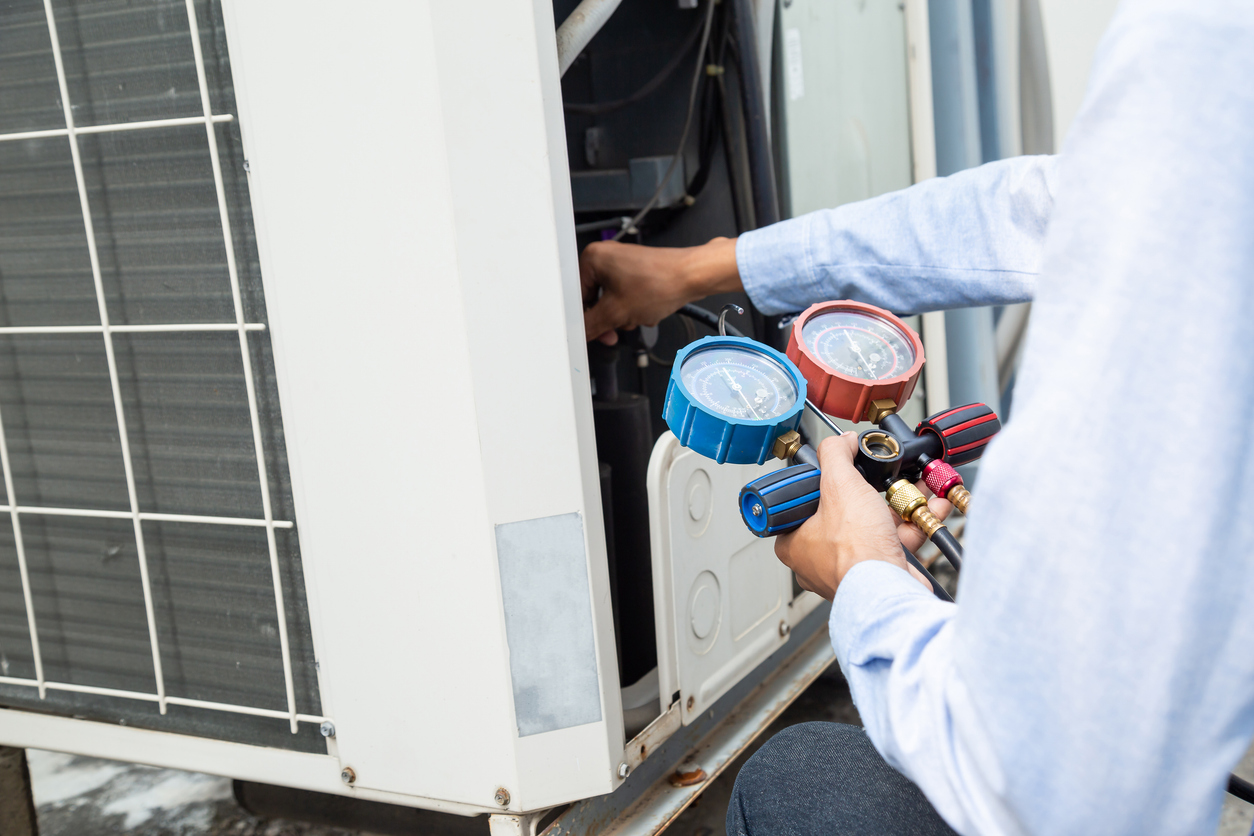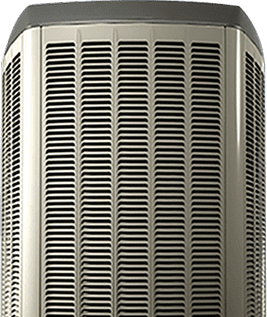Is air conditioner gas or electric

Is Air Conditioner Gas Or Electric
When it comes to keeping you and your family cool during those summer heat waves, your home’s air conditioning system becomes your right-hand man. If you have one currently installed in your home, or are thinking of upgrading your interior, you may be wondering whether air conditioners are gas powered or electric.
To help you make an informed decision on your new air conditioner, stick around as the team from Mr. Furnace Heating and Air Conditioning outlines the different types of air conditioners below!
How does an air conditioner work?
Air conditioners work by removing heat energy from the indoor air and transferring it outside of your home to cool your interior. They do this using a process that involves refrigerant, coils, compressors, and fans. Let’s a take a closer look:
Evaporation and condensation
The air conditioner refrigerant absorbs heat from the indoor air as it evaporates in the indoor evaporator coils, turning it from a liquid to a dense gas.
Compression
Then, the compressor pressurizes the low pressure gas, which increases its temperature. This converts it into a high pressure, high temperature refrigerant gas.
Condensation
The hot, pressurized gas flows into the outdoor condenser unit which is housed in a separate AC system compartment, where it releases the heat to the outside air, causing it to condense back into a liquid.
Expansion
The liquid refrigerant passes through an expansion valve, which reduces its pressure and temperature as it enters the indoor evaporator coils again, restarting the cycle.
Air circulation
Meanwhile, indoor fans blow warm air over the cold evaporator coils, where the refrigerant absorbs heat, cooling the air. The cooled air is then circulated back into your indoor space, lowering the temperature for a cool, refreshing interior.
Depending on whether you have central AC or a ductless mini-split AC unit, the cool air will circulate throughout using air ducts to cool your entire home at the same time or directly from the appliance, which offers a more customized, zoned cooling effect.
How do I know if my air conditioner is gas or electric?
Generally speaking, determining whether your air conditioning use gas or electricity is fairly easy. Here’s what you need to do:
Electric air conditioning
If your have electric air conditioning systems, they will be connected to your home’s electricity. Inspect your AC unit for a power cord, rather than a gas line or propane tank. Electric air conditioners are compatible with most homes hand have an easy setup process.
Natural gas powered air conditioning systems
Some air conditioning systems might use gas as a fuel source to power certain parts. Gas powered air conditioners typically use natural gas or propane and require a combustion process to generate the necessary power needed to cool your interior. Check for a gas line leading to the outdoor condenser unit. You can also check the booklet that comes with your HVAC system when you first.
What are the differences between electric vs. gas-powered air conditioning?
The main difference between an electric air conditioner units and gas air conditioning is the fuel source used to power the system. Electric HVAC systems are solely powered by electricity, whereas gas systems require a natural gas hookup.
Which one is better? Gas or electric air conditioner?
Choosing between gas and electric AC units can be challenging and in many ways it depends on what you’re looking for, and what power source you have available in your home. Let’s take a closer look:
Electric air conditioner
- Incredibly common in residential homes because they are easy to install and simple to use.
- Electric units have lower upfront costs and are known for their energy efficiency.
- Can be a major contributor to high electricity usage and more expensive electricity bills in areas where electricity is expensive, or during peak seasons throughout the year.
Gas air conditioner
- Can lead to lower energy costs, especially in areas where natural gas is available and cheap.
- Potentially more cost effective in the long run, especially in areas with high electricity costs.
- Higher cooling capacities, suitable for larger spaces or commercial applications.
- Good for homes where the electric power source isn’t as reliable and if gas is already in the home.
- Produces greenhouse gas emissions during the combustion, process which can impact the environment negatively.
As you can see, there are benefits and drawback of each HVAC system. Therefore, we recommend that homeowners reach out to a local HVAC company for assistance when choosing one for their home. A company like Mr. Furnace will help you select a unit that is in your budget, easy to install, and will help lower your utility bills over time.
Service for your air conditioners available 24/7/365 days a year with Mr. Furnace!
Mr. Furnace Heating and Air Conditioning is your go-to solution for high-quality, customized air cooling services.
Our team of certified HVAC technicians are available for air conditioning system repairs and AC maintenance 24/7/365 days a year! That includes after-hours, weekends, and holidays at no extra cost to you. Experiencing a cooling emergency? Same-day repairs for all cooling systems are also available!
If you’re in the market for a new air conditioning unit, book an AC installation consultation with one of our home comfort advisors to learn more about the different cooling options we offer! If the cost of a new HVAC system is something you’re concerned with, don’t hesitate to ask us about our discounts and financing options!
All consultations with a home comfort advisor include a complimentary new system purchase quote!
If you live in Beamsville, Cayuga, Fort Erie, Grimsby, Lincoln, Niagara Falls, Niagara-on-the-Lake, Pelham, Port Colborne, Smithville, St. Catharines, Thorold, Vineland, Welland, or Winona, you can reach out to the team over the phone directly or use our online booking form!
